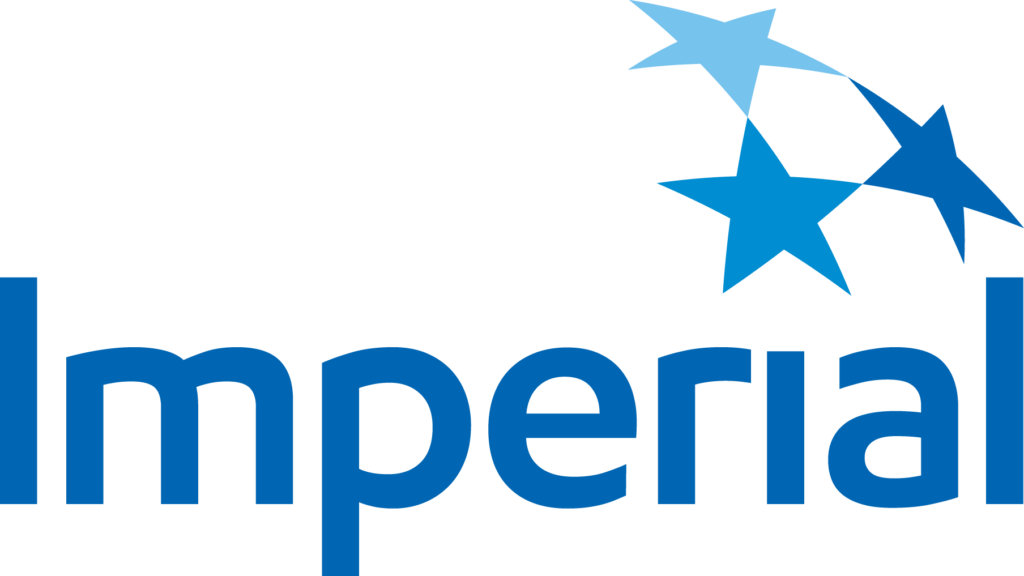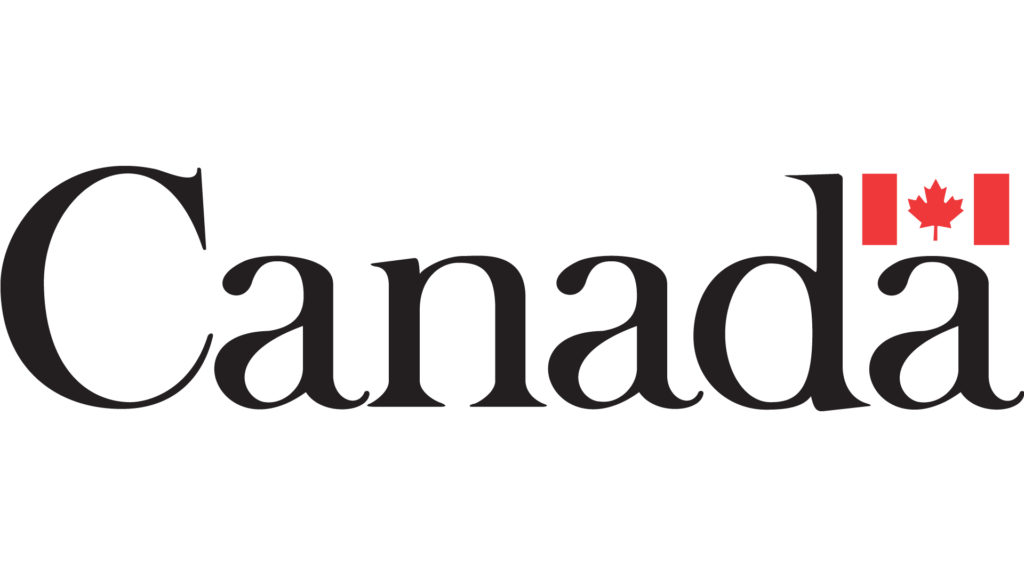March 9, 2020 | Seattle, WA
Apply for a chance to pitch to Imperial for cash prize awards.
- First place $40,000 CAD
- Second place $10,000 CAD
- Application Deadline: January 31, 2020
Sponsored by Imperial Oil Limited (Imperial) and organized by the Consulate General of Canada in Seattle together with Perkins Coie and the CleanTech Alliance, this all-day program will showcase innovative clean technologies applicable to the oil and gas sector, e.g., technologies that enhance facility reliability or operations efficiency.
CLIMATE CHANGE
Imperial believes that climate change risks warrant action and it’s going to take all of us — business, governments and consumers — to make meaningful progress.
Imperial has the same concerns as people everywhere – to provide the world with needed energy while reducing GHG emissions. Imperial is committed to taking action on climate change and believes that the long-term objective of a climate change policy should be to reduce the risk of serious impacts to humanity and to ecosystems at minimum societal cost, while recognizing the importance of safe, reliable, affordable and abundant energy for global economic development.
Climate change is a global issue that requires collaboration among governments, companies, consumers and other stakeholders to create meaningful solutions. Imperial engages with a broad range of stakeholders directly and through trade associations to encourage sound policy for addressing climate change risks.
IS IT RIGHT FOR YOUR COMPANY?
- Company has ownership of a technology that matches an area of interest listed below.
- Company has a proven commercialized or prototyped technology, or can demonstrate a credible technology development path.
- Company must have the commitment and adequate staff resources to be able to follow up.
ADDITIONAL INFORMATION
- Successful applicants will be invited to present in Seattle on March 9, 2019.
- There is no charge to participate in this event.
- Attendees are responsible for their own transportation and travel costs.
- Companies must be prepared to attend the entire day of programming.
- Final selection of participating firms will be made by Imperial.
Selected companies will be invited to present their technologies to Imperial on March 9, 2020, in Seattle. While preference may be given to those with proven commercialized or prototyped technologies, Imperial will also give consideration to innovators who can demonstrate a credible technology development path toward solving Imperial’s identified challenges and will consider collaborative partnerships. The most promising technology, as decided by the judges based on merit of potential value and/or demonstrated technology development capacity, will yield a CAD $40,000 prize; the prize for the runner-up will be CAD $10,000.
APPLICATION DEADLINE: January 31, 2020
SELECTED COMPANIES WILL BE NOTIFIED BY: February 14, 2020
TECHNOLOGIES OF INTEREST
Imperial is seeking advances in existing and new technologies, which if adopted would enhance environmental performance, reserves recovery, operations efficiency, and facility reliability within their operating and future in-situ heavy oil assets. Current and future heavy oil assets rely on a combination of thermal energy and/or solvent recovery technologies. These recovery methods present challenges that are often unique to heavy oil production, such as the high viscosity of fluids and high temperatures.
This initiative focuses on enhancing operations efficiency and reliability, which also effects overall environmental performance efficiency. Specific areas of interest include, but are not limited to, the following:
Reservoir surveillance tools: advances in reservoir surveillance including produced fluid measurement, production forecasting and asset visualization. Specifically technologies which:
- Production measurement – deliver high confidence quantification of produced fluids (oil and water) by well given high temperatures and intermittently high vapor fractions.
- Hydrocarbon differentiation – differentiate between the native produced bitumen and light hydrocarbon that has been injected to increase recovery efficiency. Of particular challenge is that both native bitumen and the injected solvent have overlapping hydrocarbon components.
- Spatial reservoir visualization – are able to inform real time operating conditions (pressure, temperature) at various points out in the reservoir in order to visualize the progression of a developing steam chamber (SAGD).
- Full field development planning/optimization – provide a platform to first build a physics-based or analog-based model, then forecast production from many variations of potential field development scenarios and may combine an economics-based merit function.
- Low impact seismic acquisition – minimize the environmental disturbance associated with acquiring seismic data while maintaining or increasing the quality of current conventional seismic data.
Subsurface and artificial lift: advances which improve downhole pump and tubular integrity and longevity, in the presence of high temperature. Specifically technologies which:
- Rod pump reliability – increase the run life of downhole pumps, in the presence of high temperature, sand, gas (hydrocarbon and steam vapour) and viscous bitumen.
- Electric submersible pump (ESP) reliability – increase the run life of ESPs, in the presence of high temperature, sand, gas (hydrocarbon and steam vapour) and viscous bitumen.
- Casing impairment detection – identify casing impairments without removing tubing (through-tubing logging).
- Rod wear guides – improve endurance of rod wear guides to withstand steam temperatures and high deviations.
- Downhole scaling – prevent/mitigate downhole scale build up across perforations and LEPs in horizontal liners.
Operations reliability: technologies which can improve the efficiency and reliability of field production and/or plant level operations. Specifically technologies which:
- Scaling/fouling of infrastructure – can effectively and efficiently detect and possibly quantify the presence of scaling, fouling and degradation in boilers, heat exchangers, pipelines and vessels potentially at high temperature conditions.
- Advanced instrumentation – reduce the size of (miniaturization), improve reliability/accuracy, and reduce the maintenance needs of facility instrumentation devices used in various plant applications, including tank level monitoring, compositional analyzers and flow meters.
- Vessel cleaning – perform vessel cleaning and/or interior inspections while online (avoiding downtime and complete evacuation of vessel).
APPLY HERE.


